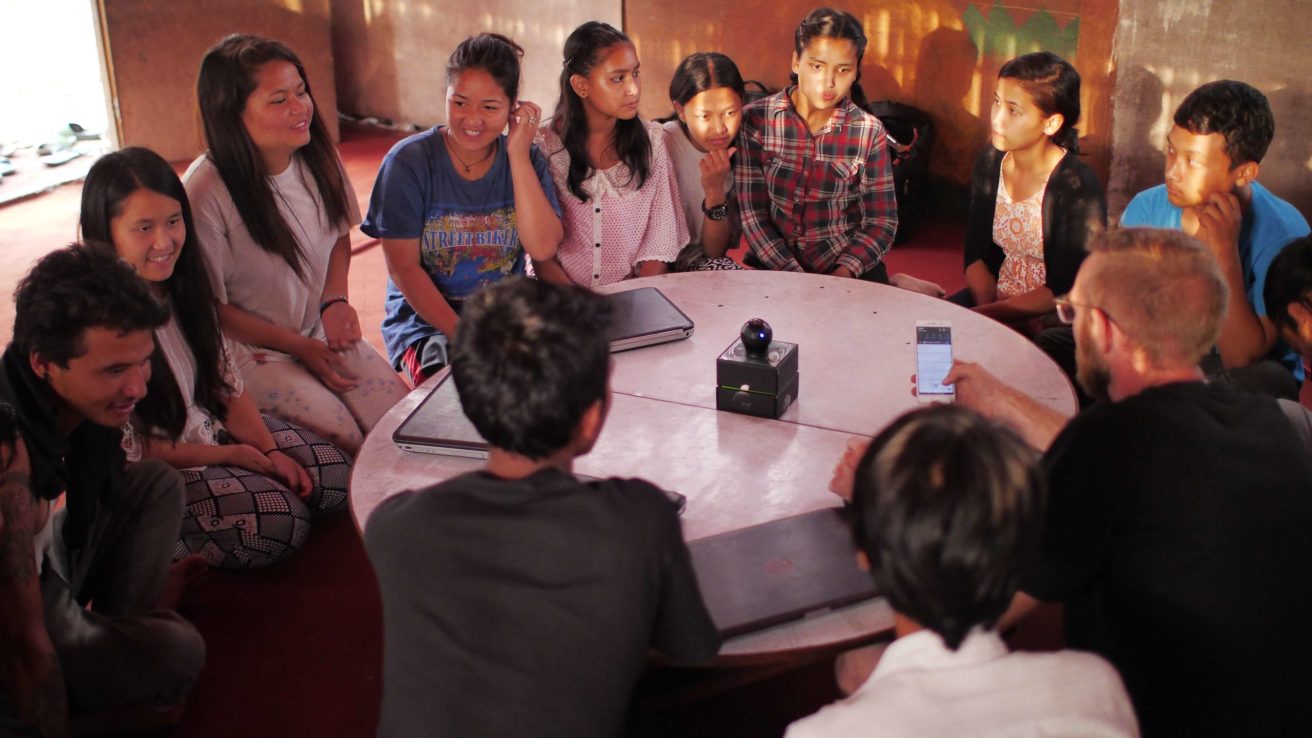Factors linked to structural racism and social determinants of health are associated with an increased risk for COVID-19 in Latino communities, according to a study published online July 23 in the Annals of Epidemiology.
Carlos E. Rodriguez-Diaz, Ph.D., from the Milken Institute School of Public Health at George Washington University in Washington, D.C., and colleagues compared predictors of COVID-19 cases and deaths between disproportionately Latino counties (>17.8 percent Latino population) and all other counties through May 11, 2020.
The researchers found that COVID-19 diagnosis rates were greater in Latino counties versus nationally (90.9 versus 82.0 per 100,000). COVID-19 cases were greater in Northeastern and Midwestern Latino counties (adjusted rate ratios, 1.42 and 1.70, respectively) when adjusting for other factors. In Midwestern Latino counties, COVID-19 deaths were also greater (adjusted rate ratio, 1.17). Counties with greater monolingual Spanish speakers, employment rates, heart disease deaths, less social distancing, and days since the first reported case were associated with more COVID-19 diagnoses. There was an association noted between COVID-19 deaths and household occupancy density, air pollution, employment, days since the first reported case, and age (fewer residents <35 years old).
“Many Latinos are left out of public health insurance programs and mainstream health systems are unwelcoming,” Rodriguez-Diaz said in a statement. “Better access to medical care and support for grass roots organizations in the communities could help save lives.”
Sources:










